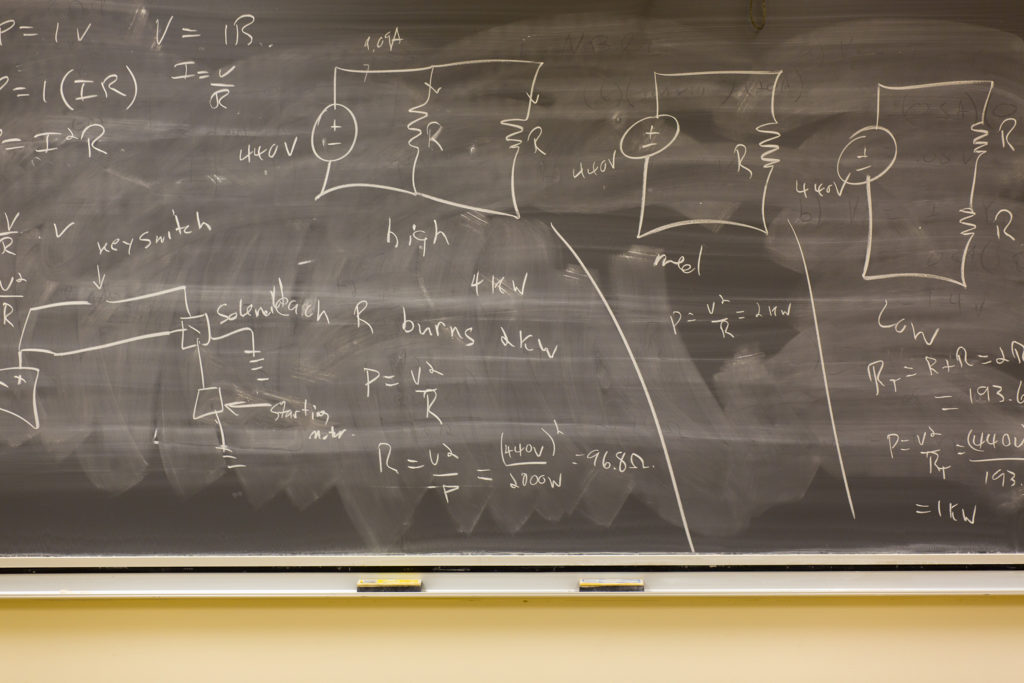
Lessons from the Book of Zechariah
The book of Zechariah was written in 520 B.C. by Zechariah, the son of Berechiah and the grandson of Iddo. Zechariah was murdered between the sanctuary and the altar (Matt. 23:35). Much of the book is apocalyptic and great care must be taken in interpreting it. In order to understand the figurative language, one must look carefully at the immediate context; just because one symbol means something in one book does not mean it means that in each book. And one may not be able to understand every detail about an apocalyptic story, although its basic meaning can be understood.
There is much in the Book of Zechariah that can be understood clearly and easily. Many lessons in Zechariah need to be understood by modern Christians. Let’s examine some of those lessons:
The Lord wants people to come to him.
“Thus says the LORD of hosts: Return to me, says the LORD of hosts, and I will return to you, says the LORD of hosts” (1:3). The fact that God was pleading with these people shows us that he wants people to come to him. The Lord is not a cruel God who wants people to be lost, but he wants people to be saved. Peter said, “[The Lord is] not wanting any to perish, but all to come to repentance” (2 Pet. 3:9).
The Lord removes guilt.
“I will remove the guilt of this land in a single day” (3:9). “On that day a fountain shall be opened for the house of David and the inhabitants of Jerusalem, to cleanse them from sin and impurity” (13:1). Not only does God want people to be saved, but he is able to do something about it. God can remove guilt. All one must do is turn to God in faith and obedience and his guilt will be removed.
The Lord does not hear the prayers of the rebellious.
“Just as, when I called, they would not hear, so, when they called, I would not hear, says the LORD of hosts” (7:13). These people would not listen to the Word of God; therefore, God would not listen to their words. They called out to God, but because they were rebellious God would not honor their prayers. This does not mean that God could not hear their prayers; it means that he would not honor their prayers; he would not answer them. God does not hear the prayers of those living in rebellion.
The Lord does what he has promised.
“Thus says the LORD of hosts: Just as I purposed to bring disaster upon you, when you ancestors provoked me to wrath, and I did not relent, says the LORD of hosts, so again I have purposed in these days to do good to Jerusalem and to the house of Judah; do not be afraid” (8:14-15). God promised to bring disaster, and he did so. He planned to do good in Jerusalem, and he did so. God still does what he has promised. God promised to save those who obey, and he will. God promised to destroy the world with fire, and he will. God keeps his promises.
The Lord protects his people.
“The LORD of hosts will protect them, and they shall devour and tread down the slingers; they shall drink their blood like wine, and be full like a bowl, drenched like the corners of the altar” (9:15). When oppressors came, God would stand with his people and protect them. The oppressors could not prevail, for God was with his people. Today, God still protects his people. We cannot be tempted beyond our ability (1 Cor. 10:13). The Lord’s enemies cannot win (Rev. 17:14).
The Lord hates false teaching.
“If any prophets appear again, their fathers and mothers who bore them will say to them, ‘You shall not live, for you speak lies in the name of the LORD’; and their fathers and their mothers who bore them shall pierce them through when they prophesy” (13:3). Here God shows the fate of false prophets–their parents would kill them. God does not wink at the teaching of those who lead his people astray. God hates false teaching. We need to understand that God hates false teaching today.
Zechariah wrote in symbolic language; therefore, much of the book is difficult to understand. But, much can easily be understood. To today’s reader, Zechariah says much about God, his nature, and what he expects from his people.





